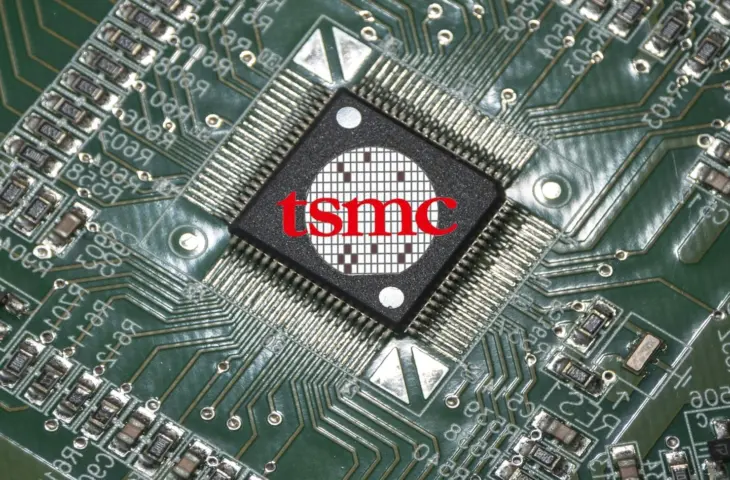TSMC is reportedly set to significantly increase the prices of its most advanced chips, pointing the finger at the U.S. government.
The Taiwanese chip giant is said to have informed its customers about the price increase. This affects companies like Nvidia and Apple, who rely on TSMC for fabrication. For the most advanced chips, the price increase could be up to ten percent, according to the Taiwanese news outlet Digi Times.
TSMC cites import tariffs as the cause of the price hikes. Since TSMC conducts most of its production in Taiwan, it now has to pay taxes, like many non-U.S. companies, to bring its products into the United States. These are part of the ‘reciprocal’ import tariffs that Donald Trump unilaterally imposed on the world. However, the tariffs are facing legal challenges for Trump, as a federal court considers them unconstitutional.
Higher Costs, Higher Prices
Taiwan was hit with a twenty percent tariff, although the government still hopes to negotiate a better rate. The twenty percent tax is higher than that for other U.S. trading partners, such as the European Union and South Korea. The taxes result in higher costs, which in turn push down TSMC’s profit margins.
Investors don’t like to hear this, so TSMC is passing on the costs to its customers. As the undisputed market leader in chip production, the Taiwanese company has the upper hand to raise prices. TSMC is heavily investing in U.S. production capacity to circumvent tariffs.
American Stranglehold
The United States is keeping the global chip industry in an iron grip with its aggressive trade policies. Not only with import tariffs but also with export restrictions. Manufacturers of chip memory shouldn’t expect any favors either. While Biden aimed to attract chip manufacturers to American soil with subsidies, Trump opts for threats and taxes for those who don’t do so voluntarily.
The impact of the import tariffs remains to be seen. But if TSMC raises prices, it’s likely that its customers will also pass this on to their customers, and so on. Ultimately, it’s often the end customer who ends up paying the bill.
read also
